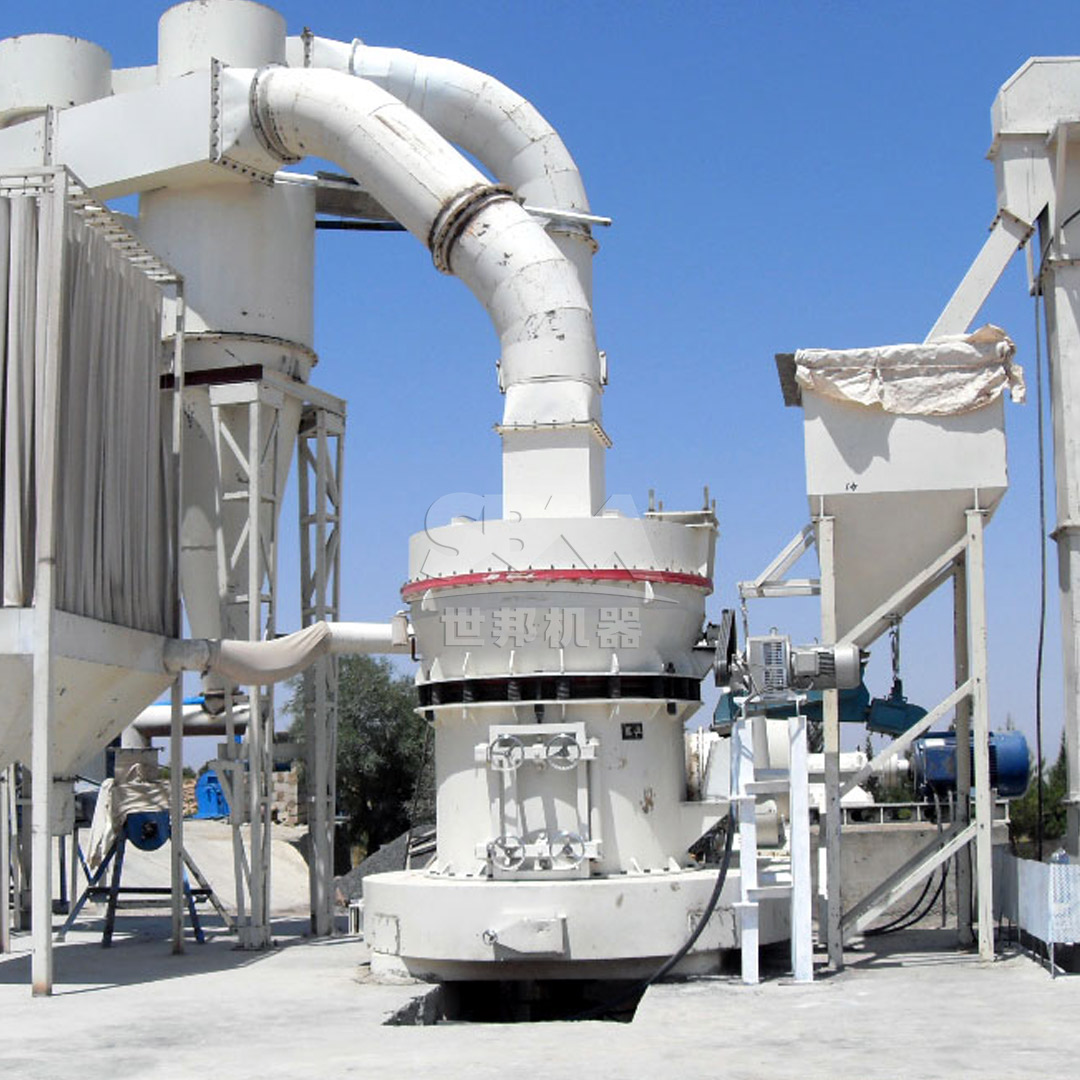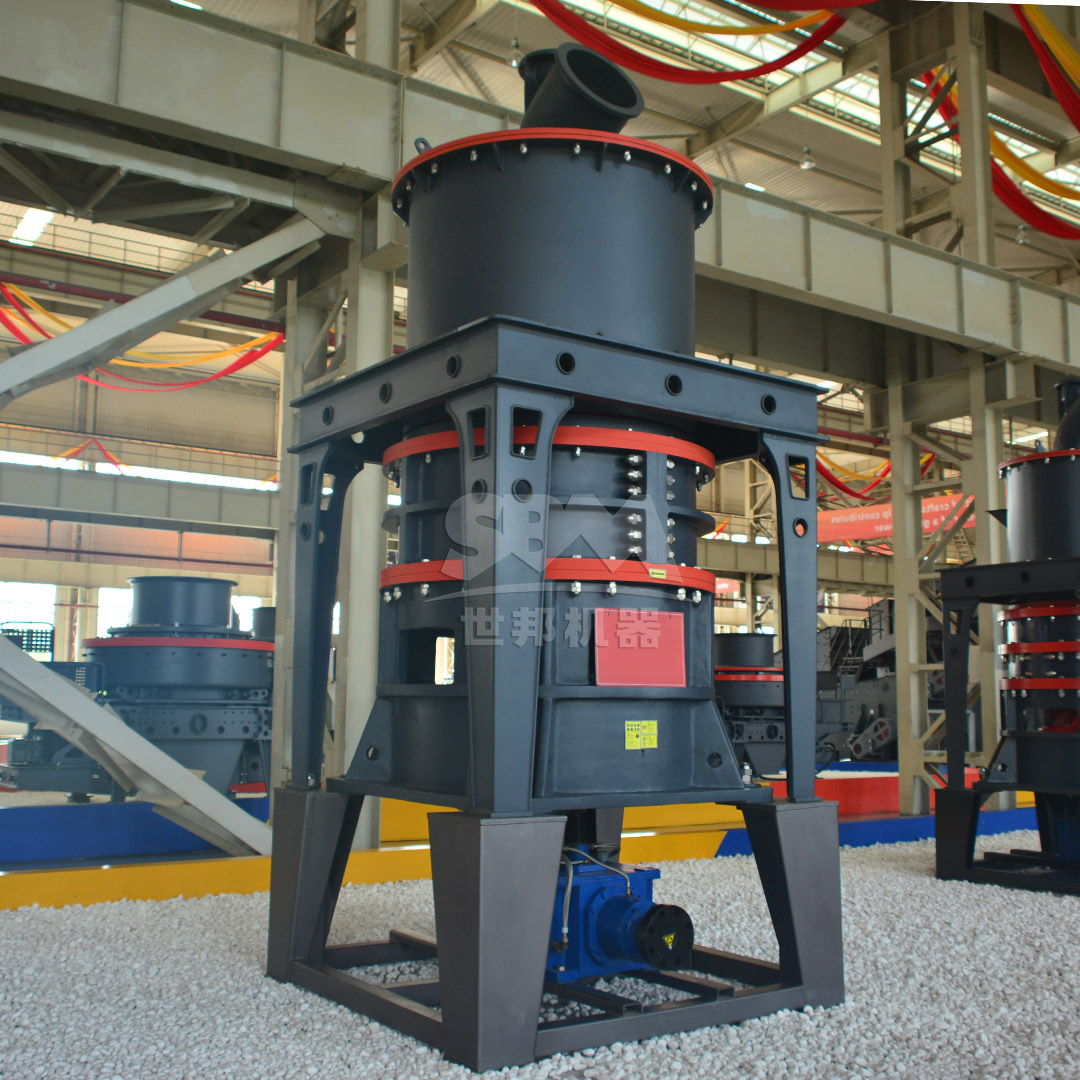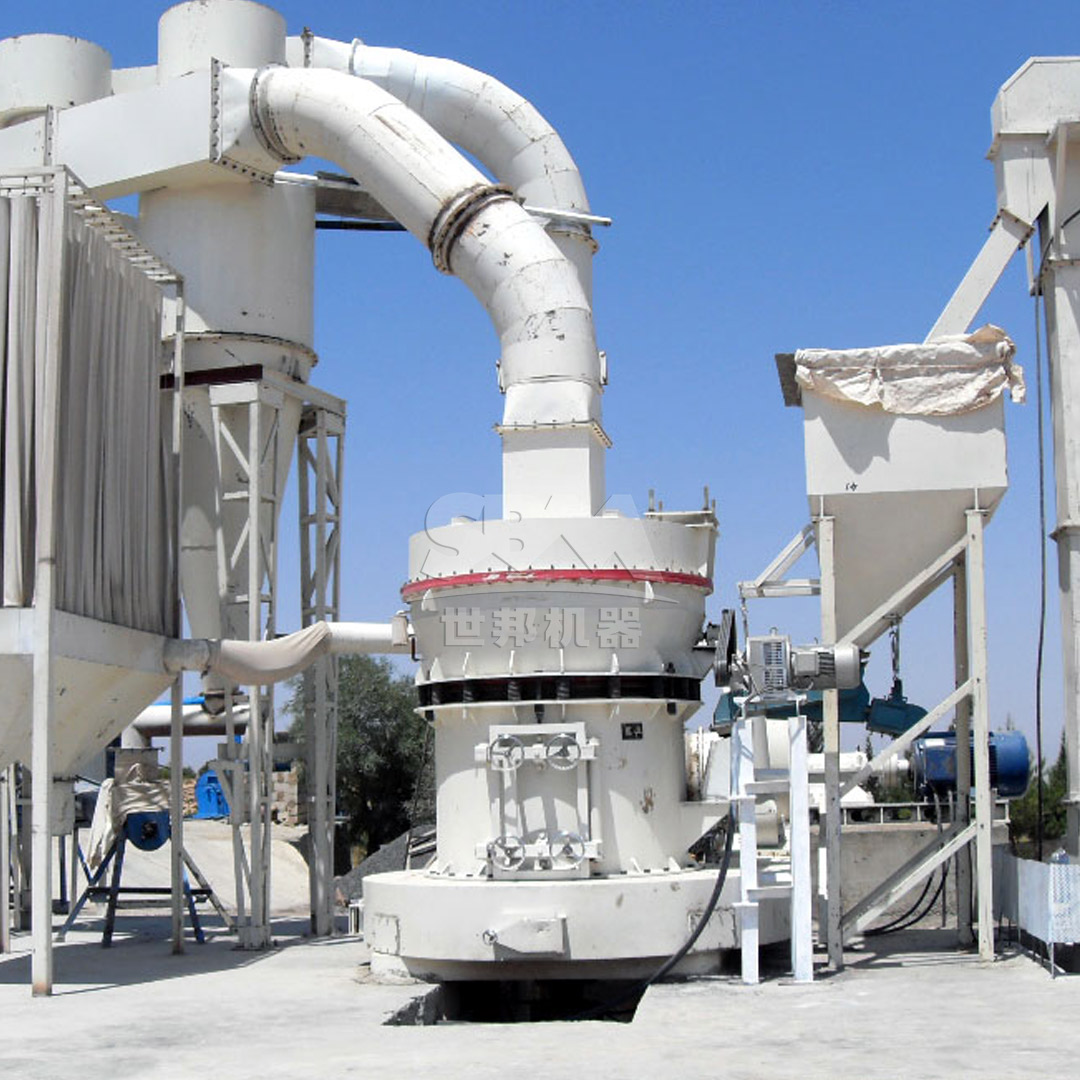Petroleum coke (petcoke) is a carbonaceous solid derived from oil refinery coker units or other cracking processes. As a valuable fuel additive, petcoke requires precise grinding to achieve optimal combustion efficiency and environmental performance. The processing of petroleum coke into fuel additives demands specialized grinding equipment capable of handling its unique physical and chemical properties, including high carbon content, variable hardness, and potential contaminants.
The transformation of raw petcoke into high-quality fuel additives begins with proper size reduction and classification. The grinding process must achieve specific particle size distributions to ensure complete combustion, minimize emissions, and maximize energy output. This article explores the technical requirements for petroleum coke grinding and presents optimal solutions for fuel additive production.

Successful petroleum coke processing for fuel additives requires attention to several critical factors:
Selecting the appropriate grinding technology is crucial for efficient petroleum coke processing. Different mill types offer varying advantages depending on production requirements, desired fineness, and capital investment considerations.
Vertical roller mills (VRMs) represent the modern standard for large-scale petroleum coke grinding operations. These systems integrate multiple functions including grinding, drying, classification, and material transport in a single compact unit. The fundamental working principle involves bed comminution between grinding rollers and a rotating table, with simultaneous drying by hot gases.
For petroleum coke applications, VRMs offer significant advantages:
Our LM Series Vertical Roller Mill exemplifies these advantages with specific features tailored for petroleum coke processing. With input size up to 50mm and output fineness adjustable between 30-325 mesh (special models to 600 mesh), this equipment handles the full range of petroleum coke grinding requirements. The system’s integrated design reduces space requirements by 50% and cuts foundation costs by 40% compared to traditional ball mill systems.
The grinding principle involves the main motor driving the grinding table through a reducer. Material fed through the center feed pipe spreads uniformly under centrifugal force. Hydraulically loaded grinding rollers apply pressure to achieve interparticle comminution, while qualified fine powder is carried by hot gas to the classifier, with oversize material returning to the grinding table for further processing.
| Model | Grinding Disc Diameter (mm) | Capacity (t/h) | Output Fineness | Main Motor Power (kW) |
|---|---|---|---|---|
| LM130K | 1300 | 10-28 | 170-40μm (80-400 mesh) | 200 |
| LM150K | 1500 | 13-38 | 170-40μm (80-400 mesh) | 280 |
| LM170K | 1700 | 18-48 | 170-40μm (80-400 mesh) | 400 |
| LM190K | 1900 | 23-68 | 170-40μm (80-400 mesh) | 500 |
| LM220K | 2200 | 36-105 | 170-45μm (80-325 mesh) | 800 |
| LM280K | 2800 | 50-170 | 170-45μm (80-325 mesh) | 1250 |
For premium fuel additives requiring exceptional fineness and particle size distribution control, ultrafine grinding technologies deliver superior performance. These systems produce powders in the 325-2500 mesh range (45-5μm) with narrow size distributions essential for advanced fuel applications.
Our SCM Series Ultrafine Mill represents the pinnacle of ultrafine grinding technology for petroleum coke. With input size ≤20mm and output fineness adjustable between 325-2500 mesh (D97≤5μm), this equipment produces the superfine powders required for high-performance fuel additives. The mill achieves remarkable efficiency with capacity twice that of jet mills while reducing energy consumption by 30%.
The technical advantages of the SCM Ultrafine Mill for petroleum coke include:

The working principle involves the main motor driving multiple grinding rings to rotate. Material is dispersed into the grinding track by centrifugal force, undergoing progressive compression grinding across multiple layers. The final product is collected by a cyclone collector and pulse dust removal system, ensuring comprehensive powder recovery.
| Model | Capacity (ton/h) | Main Motor Power (kW) | Input Size | Output Fineness |
|---|---|---|---|---|
| SCM800 | 0.5-4.5 | 75 | 0-20mm | 325-2500 mesh |
| SCM900 | 0.8-6.5 | 90 | 0-20mm | 325-2500 mesh |
| SCM1000 | 1.0-8.5 | 132 | 0-20mm | 325-2500 mesh |
| SCM1250 | 2.5-14 | 185 | 0-20mm | 325-2500 mesh |
| SCM1680 | 5.0-25 | 315 | 0-20mm | 325-2500 mesh |
A comprehensive petroleum coke processing plant for fuel additives integrates multiple unit operations beyond the core grinding system. Proper plant design ensures operational efficiency, product quality consistency, and regulatory compliance.
Petroleum coke typically arrives in various forms, from delayed coke drums or fluid cokers. The preprocessing stage includes:
For primary size reduction, hammer mills effectively handle petroleum coke’s variable hardness. Our Hammer Mill series processes feed material up to 40mm, producing 0-3mm product ideal for subsequent fine grinding stages. The optimized cavity design and high manganese steel wear parts ensure reliable operation with minimal maintenance.
The heart of the processing plant, the grinding circuit must be designed for the specific petroleum coke characteristics and product requirements. Key considerations include:
Modern plants typically employ closed-circuit grinding with high-efficiency classifiers to ensure tight particle size distribution control. The integration of drying capability within the grinding system eliminates separate drying equipment, reducing both capital and operating costs.

The final processing stages focus on efficient product recovery and storage:
Advanced pulse-jet baghouse technology ensures dust emissions remain below 20mg/m³, meeting the strictest environmental regulations. Proper silo design prevents compaction and ensures free-flowing product characteristics.
Successful operation of petroleum coke grinding plants requires attention to several operational aspects unique to this material.
Petroleum coke’s abrasive nature demands robust wear protection strategies:
The LM Series Vertical Roller Mill addresses wear concerns through its non-contact grinding roller and table design, extending wear part life up to 3 times compared to conventional systems. The modular roller assembly enables quick replacement, minimizing production downtime.
Grinding represents the dominant energy consumption in petroleum coke processing. Effective energy management includes:
The SCM Ultrafine Mill incorporates multiple energy-saving features, including intelligent control systems that automatically adjust operating parameters based on feed material characteristics and product requirements. This results in energy savings up to 30% compared to conventional ultrafine grinding technologies.
Consistent product quality requires comprehensive monitoring and control:
Modern grinding systems feature expert-level automatic control with remote operation capability, reducing operator intervention while maintaining precise process control. Real-time monitoring of critical parameters enables proactive adjustment and ensures consistent product quality.
The economic viability of petroleum coke grinding for fuel additives depends on multiple factors, including equipment selection, operational efficiency, and market conditions.
Grinding system selection significantly impacts both capital and operating costs. Vertical roller mills typically offer lower total cost of ownership compared to traditional technologies due to:
The integrated design of the LM Series reduces installation costs by up to 40% compared to ball mill systems, while the SCM Ultrafine Mill’s compact design minimizes space requirements for premium product applications.
Ongoing operational costs dominate the economics of petroleum coke processing:
Advanced grinding systems like the LM Series and SCM Ultrafine Mill optimize these cost factors through intelligent design and automation, delivering lower operating costs while maintaining product quality.
Modern petroleum coke processing must address environmental considerations throughout the operation.
Comprehensive dust management ensures regulatory compliance:
Both the LM Series and SCM Ultrafine Mill incorporate advanced dust collection technology that exceeds international standards, with fully sealed negative pressure operation preventing dust leakage.
Grinding operations generate significant noise requiring mitigation:
The SCM Ultrafine Mill features soundproof chamber design maintaining noise levels ≤75dB, while the LM Series operates at ≤80dB(A), ensuring compliance with workplace noise regulations.
The evolution of petroleum coke grinding technology continues with several emerging trends:
Advanced digital technologies are transforming grinding operations:
Modern grinding systems increasingly incorporate these technologies, with the LM Series featuring remote operation capability and the SCM Ultrafine Mill offering intelligent control systems that automatically maintain optimal operating conditions.
Environmental performance continues to drive technology development:
The ongoing development of grinding technologies focuses on enhancing sustainability while maintaining economic viability, with both the LM Series and SCM Ultrafine Mill representing current best practices in efficient resource utilization.
Petroleum coke grinding for fuel additives represents a specialized application requiring careful technology selection and proper plant design. Vertical roller mills offer an optimal solution for high-capacity applications requiring 30-325 mesh product, while ultrafine grinding systems deliver superior performance for premium products in the 325-2500 mesh range.
The selection between technologies like our LM Series Vertical Roller Mill and SCM Ultrafine Mill depends on specific production requirements, product specifications, and economic considerations. Both technologies incorporate advanced features ensuring efficient operation, product quality consistency, and environmental compliance.
As the fuel additives market continues to evolve, grinding technology must adapt to changing requirements, with digitalization and sustainability becoming increasingly important. Properly designed and operated petroleum coke grinding plants represent a valuable investment, converting refinery byproducts into high-value fuel additives with optimized combustion characteristics and environmental performance.